Master Italian like a pro
Online Italian courses made by a language expert.
- No credit card needed
- Secret coupon inside

Stefano Lodola
Course author, polyglot
Rave Reviews by Learners

Play Video
"Natural way to learn"
Jill
United States

Play Video
"A no-nonsense method that appeals to me"
Jim
United States

Play Video
"This course is brilliant"
James
Ireland
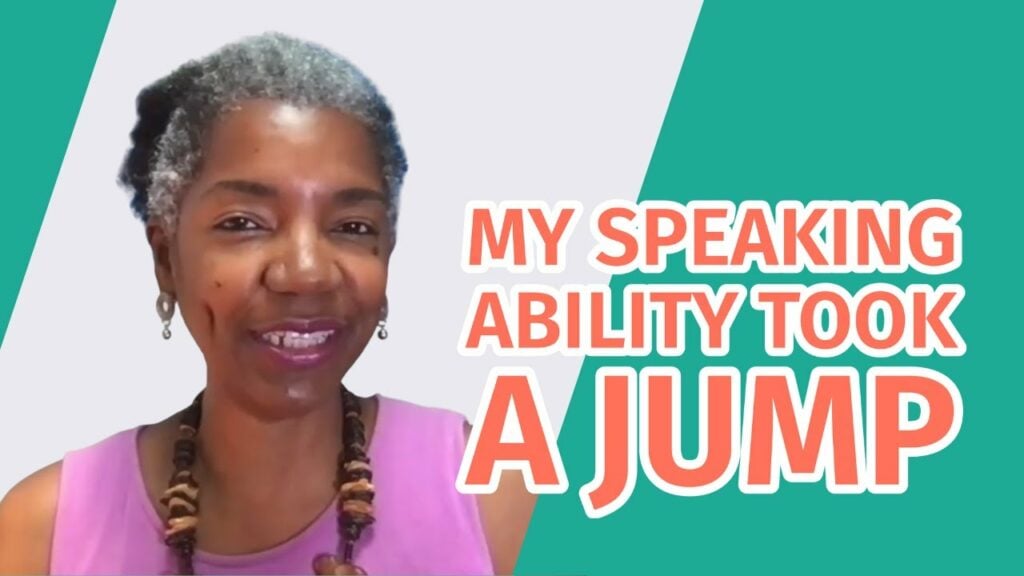
Play Video
"My speaking ability took a jump"
Vivinne
United States

Play Video
"I've come so much further than with Babbel"
Emily
United States

Play Video
"Worth every single penny"
Anthony
United Kingdom

Play Video
"A method that works"
Emily
Switzerland
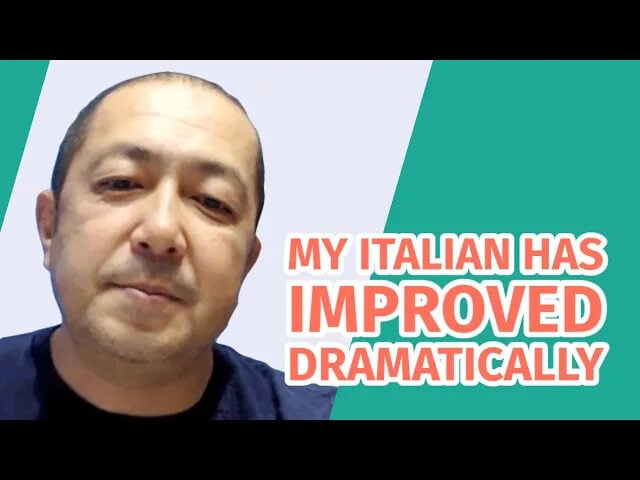
Play Video
"My Italian has improved dramatically"
Takehiro
Japan

Play Video
"The best language learning experience I've had"
Frederica
United Kingdom
Your new method
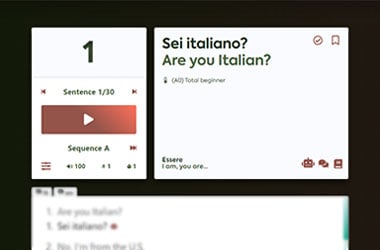
Audio lessons
Learn grammar through examples, not rules
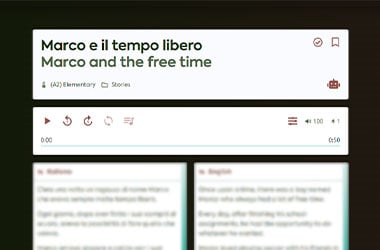
Bilingual readings
Acquire vocabulary by using words in context
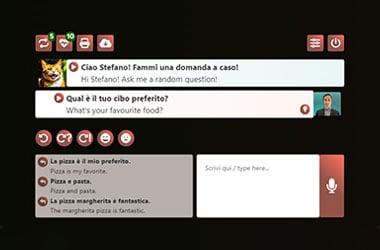
AI tutor
Master Italian by listening and mimicking
Success Stories


Jumped to Level A1 after just 2 weeks of daily practice.
“The best part of Ripeti Con Me! is that the way the course is laid out is very motivating to push forward and not ponder over mistakes for too long.
Walter Heath – Happy Student
Walter Heath – Happy Student


From intermediate to upper intermediate in 6 months
“The sentences Stefano has chosen to
demonstrate grammar points or how to use a key
sentence or phrase are the heart of the program
for me.”
Joanna Ross – Happy Student
Joanna Ross – Happy Student
"Stefano is a fantastic educator. I recommend his lessons to all language lovers."
Thierry Hsieh, Founder, Polyglot Club (Taiwan)
Polyglot.tw
"This course teaches the language intuitively. It can definitely help you improve your Italian."
Nick Dahlhoff, Founder, All Language Resources
"This course teaches the language intuitively. It can definitely help you improve your Italian."

Nick Dahlhoff, Founder, All Language Resources
Start here
You’ll receive my free resources together with my best offers!
Create a free lifetime account to get access to all the free lesson and other resources. Opt out at any time!







